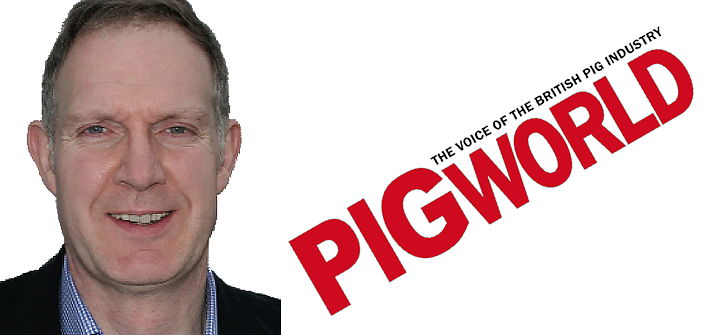I was recently made aware of Zimbabwean rancher Allan Savory, who has a radical plan to save the planet from climate change and food shortages as a result of rising populations. Roughly speaking, his idea, and it appears to be supported by experience in his homeland, is to hugely increase the numbers of livestock in the world and to manage them “mob-style”.
His argument is that extensive grazing, rather than supporting the environment, is actually leading to increased desertification. The best thing for the landscape, he says, is managing it like it was when predators roamed the earth and animals lower down the foodchain ran in herds for safety. As the herd moved from location to location, the ground they travelled over was comprehensively grazed, watered and fertilised all in one go.
The result was soils that were protected by crop cover and were rich in organic matter that could hold onto any rain that fell. And don’t forget that organic – above and below the surface – captured carbon too, helping keep CO2 under control.
It’s a compelling point of view, and Mr Savory isn’t alone in thinking this way; US farmer Joel Selatin is another advocate of mob-grazing, which he says allows him to graze four times as many cattle on his farm as he could under a conventional system. His 300 cows get access to just a quarter of an acre each day, and are followed by laying hens to spread the muck they leave behind. Mr Salatin has even built in outdoor grazed pigs – again rotated around fresh pasture every few days – on his 500-acre unit.
Contrast this view with the Vegan Society, which used World Population Day (July 11) to say that there was an overpopulation problem on the planet, but not the seven billion people – it was the 70 billion farm animals that it blamed on driving what it called the “worst environmental crisis of modern times”.
Not surprisingly, the solution the society suggests is that we all switch to a vegetarian diet. If everyone in the UK abstained from eating meat for just one day per week, the emissions savings would be equivalent to taking five million cars off the road. A global shift to a vegan diet, meanwhile, would see climate emissions decrease by 70% by 2050.
If Messrs Savory and Salatin are correct, that approach could actually be the worst possible route, and might accelerate climate change. But could mob-grazing feed the world? Mr Salatin says it’s not only capable of that, but it’s the only system that will.
“The industrial food paradigm views life from a mechanical point of view,” he adds. “Food is a machine, and the way they go about producing it depletes the soil and burns up energy.
“Our way of producing food is based on abundance, not depletion. We rejuvenate the soil and lock up carbon so that food can continue to be produced.”
A healthy pig industry relies on continuing livestock production generally, so anything we can learn about sustainable systems for the future has to be of value. A good place to start is the 2013 TED talk by Allan Savory that’s online HERE.




